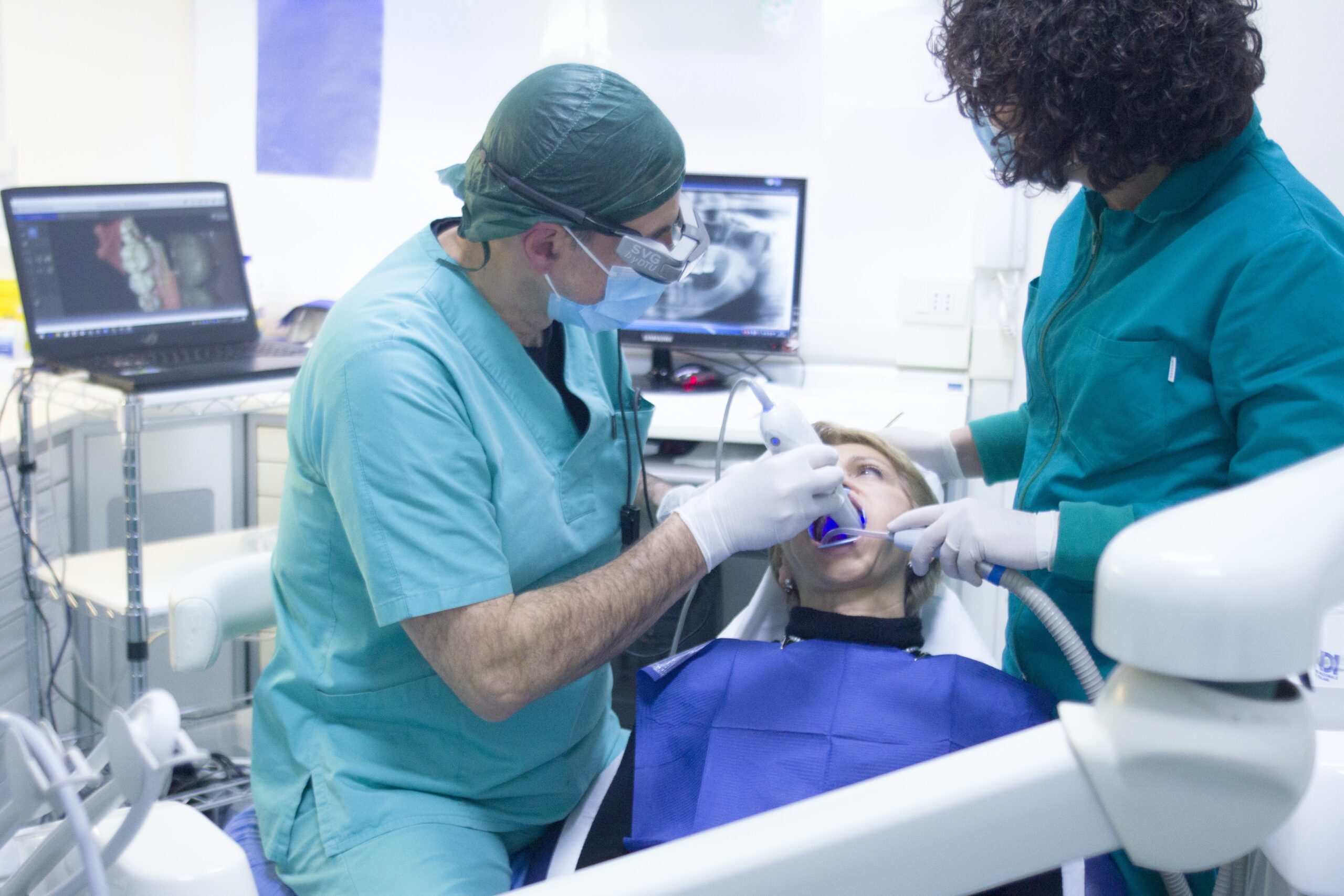Dental clinics are crucial in maintaining good oral health by providing preventive care, diagnosing and treating dental problems, and promoting healthy oral hygiene practices. Regular dental check-ups are essential in identifying and addressing oral health issues such as tooth decay, gum disease, and oral cancer that, if left untreated, can lead to severe dental and health problems.
To help maintain good oral health, dental clinics offer a range of services such as professional cleanings, fluoride treatments, dental sealants, and oral cancer screenings. These preventive measures can help prevent cavities, gum disease, and other oral health problems. Furthermore, this article will highlight the role of Dental Clinics in Maintaining Oral Health. Read on to learn more.
Preventive Care
Dental clinics play a critical role in maintaining good oral health by providing preventive care services that can help prevent common oral health problems, such as cavities and gum disease. These services include professional cleanings, fluoride treatments, and dental sealants, which can help remove plaque and tartar buildup, strengthen tooth enamel, and provide a protective barrier against harmful bacteria.
Regular dental visits to clinics can also help detect and address oral health issues early on, before they become more serious and require more invasive treatments. In addition to preventive care, dental clinics also offer a range of other services, including restorative treatments, cosmetic dentistry, and orthodontic care. By prioritizing oral health and seeking care from dental clinics, individuals can maintain healthy teeth and gums, improve their overall health, and enhance their confidence and quality of life.
Diagnosis and Treatment
Dental clinics offer essential services to help people maintain and improve their oral health. These clinics provide a variety of services, such as regular check-ups, cleanings, and treatments for various dental issues.
Tooth decay is one of the most common problems that dental clinics diagnose and treat. This is a condition in which bacteria damage the enamel of the tooth, resulting in cavities. Tooth decay can progress and cause significant pain and even tooth loss if left untreated. Dental clinics use a variety of tooth decay treatments, such as fillings, crowns, and root canals.
Dental clinics not only diagnose and treat dental problems, but they also educate and advise patients on how to maintain good oral health. This includes advice on proper brushing and flossing techniques, toothbrush and other oral hygiene product recommendations, and advice on diet and lifestyle choices that can affect oral health.
Provides Advance Treatment
Dental implants are a long-term tooth replacement solution. Among these advanced treatments are:
Dental implants: durable tooth replacement option. The implant is surgically implanted into the jawbone and acts as a foundation for a replacement tooth. Advanced imaging technology is used in dental clinics to ensure precise implant placement, and the procedure is typically performed under local anesthesia.
Orthodontics: In addition to braces and clear aligners, dental clinics offer orthodontic treatments to help straighten teeth and improve bite alignment. Some dental clinics offer advanced orthodontic treatments such as lingual braces and self-ligating braces.
Endodontics: branch of dentistry that focuses on treating problems inside the tooth, such as root canals. They are using advanced technology to diagnose and treat complex endodontic issues, such as digital radiography and 3D imaging.
Periodontics: branch of dentistry that focuses on treating gum disease and other issues affecting the tooth’s supporting structures. Advanced treatments, such as laser therapy and regenerative procedures, are used in dental clinics to help restore gum health and prevent tooth loss.
Oral surgery: To treat more complex dental issues, dental clinics also provide a variety of oral surgery procedures, such as wisdom teeth extraction and jaw surgery.
Dental clinics offer advanced treatments to assist in the diagnosis and treatment of a wide range of dental issues. They also provide patients with the most effective and efficient treatments for their dental needs by staying up to date with the latest technology and techniques.
Provides Knowledge
Dental clinics play an essential role in providing patients with the knowledge and education needed to maintain good oral health and hygiene. By educating patients about the importance of good oral hygiene practices, they can help prevent dental issues from developing and progressing into more severe conditions.
One of the primary ways that dental clinics provide knowledge to patients is through regular check-ups and cleanings. During these appointments, dental professionals can examine the teeth and gums, identify any issues, and provide guidance on proper brushing and flossing techniques. By educating patients on proper oral hygiene practices, it can help prevent common dental issues, such as tooth decay and gum disease.
In addition to regular check-ups, they also provide patient education materials, such as brochures and videos, that explain common dental issues and treatments. These materials can help patients better understand their oral health and make informed decisions about their dental care. For example, educational materials can provide information on the benefits of fluoride treatments or the importance of wearing a mouth guard during contact sports. Furthermore, many dental clinics provide online resources, such as blogs, videos, and interactive tools, to help patients learn more about their oral
Key Takeaway
Dental clinics are essential in maintaining oral health, as they provide education on proper oral hygiene practices and have access to advanced technology and treatments to prevent and treat dental issues. By regularly visiting a dental clinic, patients can ensure the overall quality of their oral health is maintained, preventing dental issues from becoming more severe and leading to more serious health complications.




